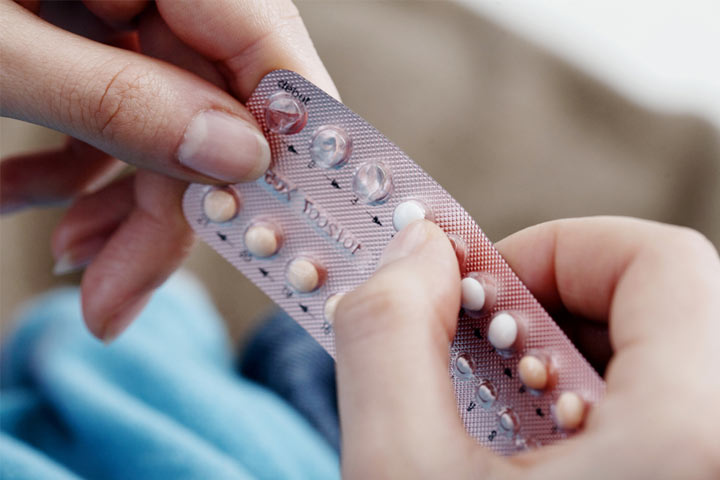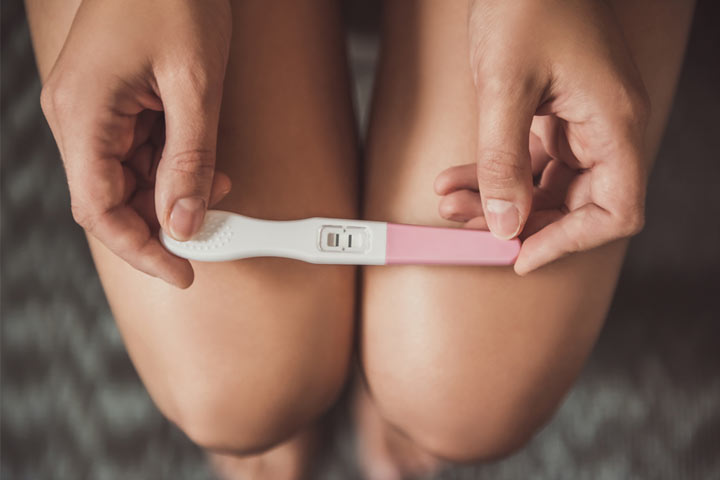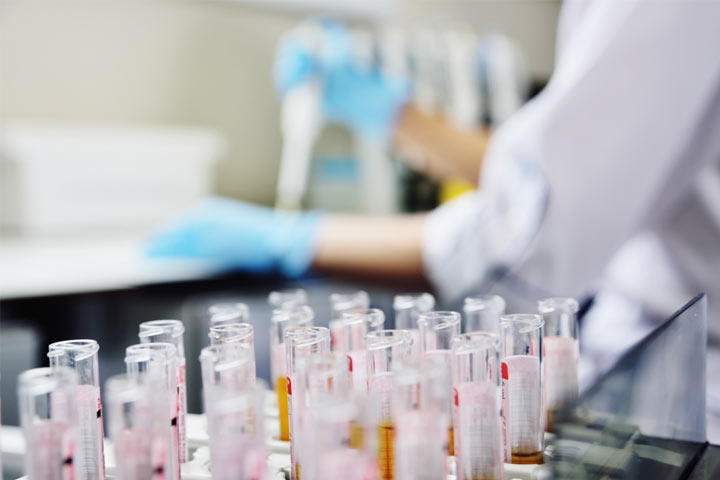
Image: Shutterstock
The decision to have a baby is a momentous one for any couple. Now before you slide under your sheets to do the deed, there are several things that you need to consider before having a baby. Hence it is important to consult a doctor to check if your body is in perfect health to carry a baby. The doctor will also tell you how you need to prepare yourself for the coming months. The first preconception visit is also the perfect opportunity to clear out all the concerns and queries you have regarding the baby-making process. If you’re confused about where to start, below we list down nine questions that you can ask your doctor if you’re trying to get pregnant:
1. How Long Will It Take For Me To Get Pregnant?
Image: Shutterstock
The answer to this question varies from one couple to the other. While for some, it just takes a few weeks or on their first try, for others, it might take several months. Various factors come into play to make conception happen. Your doctor might be able to give you a general prediction based on your age and both you and your partner’s health.
2. When Should I Stop My Birth Control?
Image: Shutterstock
Different birth control methods work differently after discontinuing their usage. Birth control pills work by maintaining consistent hormonal levels to prevent ovulation. Once a woman stops taking the pills, it might take a few weeks to up to 3 months for her menstrual cycles to return to normal (1). If your method of birth control is a UID, talk to your doctor about removal. For women who take Depo-Provera shots, it might take anywhere between 12 weeks to up to a year or two to get pregnant after you stop using it (2).
3. Do I Have To Make Any Changes In My Diet Or Lifestyle?
Image: Shutterstock
Being overweight can decrease your chances of getting pregnant. It can also lead to complications later in pregnancy such as high blood pressure, preeclampsia, need for a C-section, and risk of stillbirth or miscarriage (3). If you have a high BMI, your doctor might recommend consulting a registered dietitian. He/she might also suggest making some changes in your diet plan and general lifestyle to help you maintain a healthy weight.
4. Should I Take Any Supplements?
Image: Shutterstock
Women who are trying to conceive are usually recommended to take folic acid supplements by health care providers. Ideally, they should be taken three months before getting pregnant. Folic acid supplements help protect the fetus against neural tube defects as their brain and spinal cord develop in the first month of pregnancy. (4). Your doctor might also recommend taking other vitamins, especially if you seem to be lacking in any.
5. How Will My Health Conditions Affect My Fertility?
Image: Shutterstock
Certain health conditions may hinder your chances of getting pregnant; these include polycystic ovarian syndrome, thyroid issues, or STDs (5). You may also find it difficult to conceive if your partner has a low sperm count or motility. Your doctor may run some tests to check your health condition and offer the right solutions.
6. Should I Stop Taking My Medications If I’m Trying To Conceive?
Image: Shutterstock
Let your doctor know about any medications you’re taking, whether it is prescriptions, over-the-counter drugs, or even dietary supplements. Certain medications can lower your chances of conceiving or harm your baby once you get pregnant. Your doctor will review the medicines and safety concerns and find a new treatment plan by either switching them with a safe option or removing them altogether.
7. Should I Undergo Genetic Testing?
Image: Shutterstock
Both you and your partner can decide to undergo genetic testing to check if you are carriers of any genetic disorders, such as cystic fibrosis or sickle cell anemia (6). Genetic testing will help determine if your baby will be at risk of developing certain genetic disorders. It’s best to discuss earlier what it would mean for you if the results come back positive to determine whether you wish to go through with the testing. Couples whose tests come back positive can also pursue other ways of getting pregnant such as in vitro fertilization with a preimplantation genetic diagnosis. This helps to understand the genetic condition of the embryo beforehand.
8. Do I Need Any Vaccinations?
Image: Shutterstock
Vaccination is a crucial step in keeping both you and your baby safe. Certain illnesses during pregnancy can result in birth defects and miscarriages. So, if you’re not up-to-date on vaccines, your doctor will likely give you influenza or measles, mumps, and rubella vaccine (7). Your doctor might also recommend taking certain vaccination during the course of your pregnancy to protect your baby against certain diseases.
9. How Frequently Should I Have Intercourse?
Image: Shutterstock
To maximize your chances of conceiving, it’s best to have intercourse every day or every other day. Having intercourse when you’re closer to the time of ovulation will also increase your chances of getting pregnant (8). Your doctor can help you understand the signs to figure out when you are ovulating. You could also roughly calculate your ovulation date by maintaining a menstrual calendar.
We hope our article helped you shed some light on what to ask your doctor during your preconception visit. If you’re worried about forgetting some of the questions, you could make a note of it on your phone to make the most out of your consultation with the doctor.





















